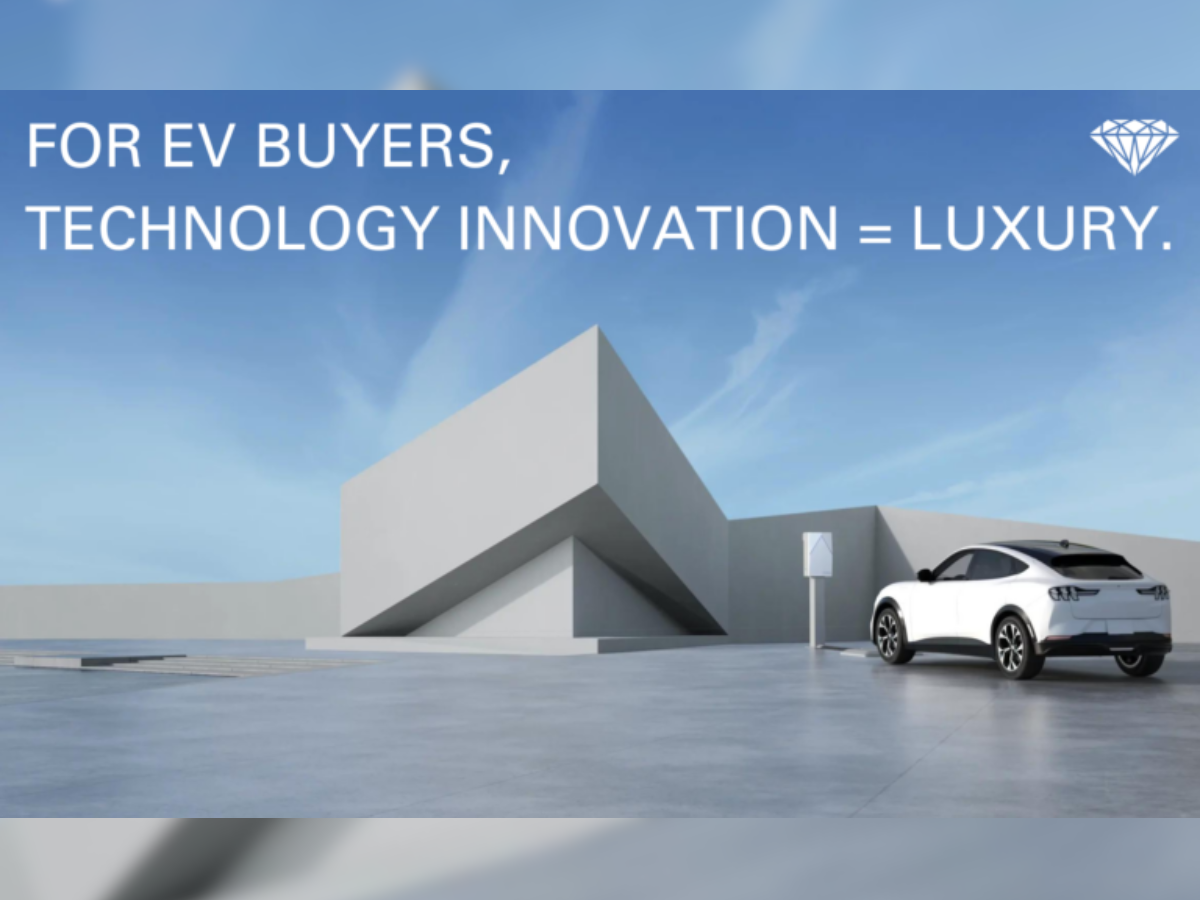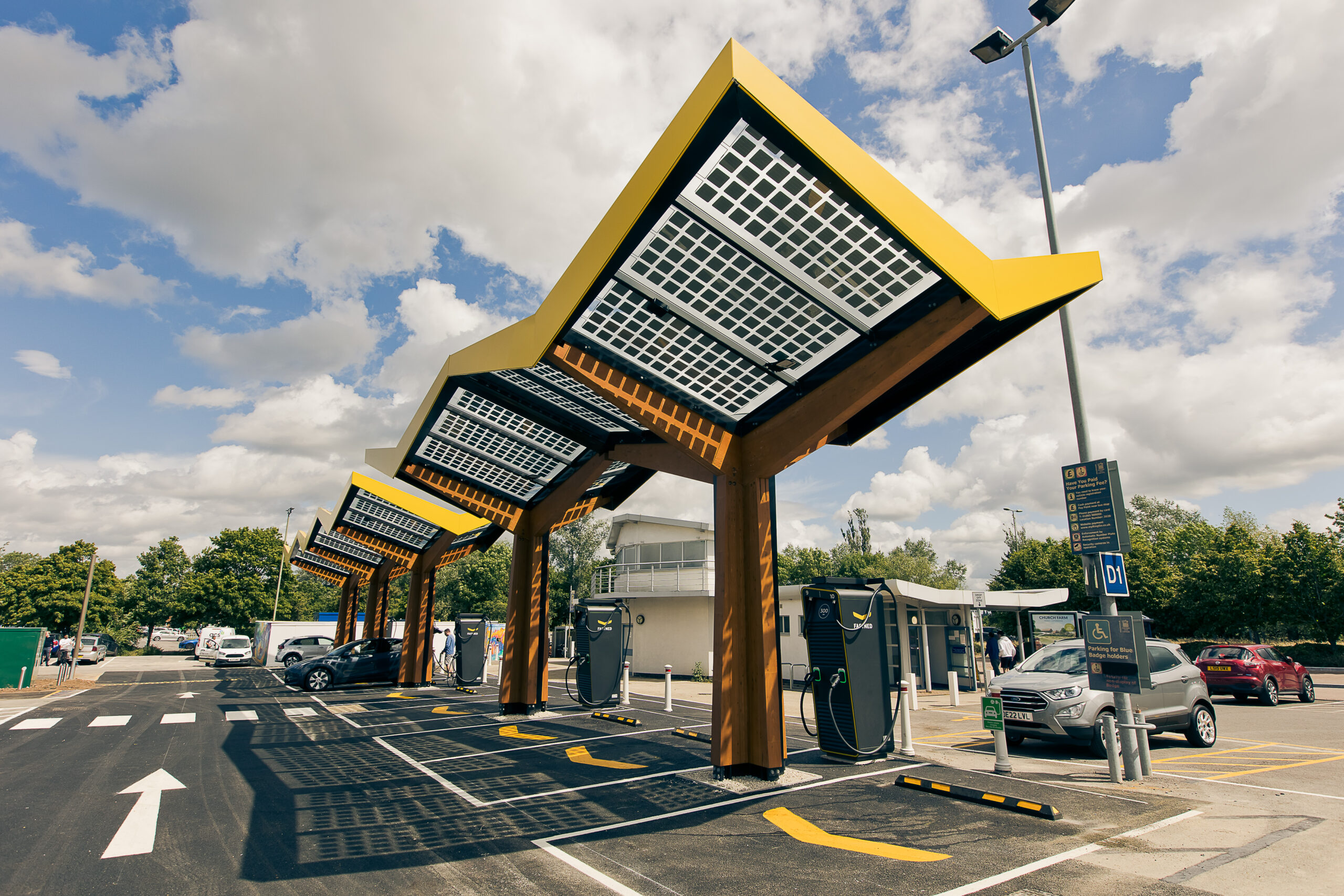WiTricity: Is There a Gender Gap in Electric Vehicles?
A recent article in Wired highlighted the gender gap that currently exists in electric vehicles: men are more likely to buy EVs than women, but carmakers are eager to diversify their base. We went back into our consumer survey from May[1] and did some more digging to see if we could shed any light on the subject.
Today, EV owners of either sex often have a Level 2 charger installed at home so they can comfortably complete a charge overnight. But where do they buy those chargers? Men were 40% more likely than women to have purchased a level 2 charger from Amazon or another online retailer, while women were 20% more likely to have purchased their chargers from the dealership – either included in the financing of the vehicle or separately. Is that a result of rugged individualism (“I can do this myself”) or of pragmatism (“do it all at once”)? We can only speculate.
Of those who own EVs, men are 45% more likely to report that limited range is a concern they have with their current EV than women. Is it because men tend to drive longer distances (they do, per IIHS statistics[2])? Or is that because men are more likely to harbor the desire to be able to hit the open road on a whim with no barriers? Either way, EV range is a moving target that seems to increase daily.
Men and women are equal in their desire for wireless charging, but the reasons why are different. Plugs can be bulky, heavy and awkward, so it’s no surprise that women are 20% more likely to cite “difficulty managing the plug” than are men. CleanTechnica reported on charging safety back in February – EV charging operators need to take women’s safety seriously. Women are 30% more likely to note that being able to charge wirelessly – and thus not have to get out of the car and fuss with the plug – is a benefit when in an environment that is perceived as unfamiliar or unsafe. Consider that convenience stores accounted for about three percent of violent crimes overall in 2020, with 10% of robberies occurring at convenience stores [3], and it’s clear that it doesn’t pay to be distracted.
What do men like? They are 20% more likely to cite having access to the latest and greatest technology as a key benefit of wireless charging. If you’ve thumbed through gift guides for the “man in your life,” you know that this fits with the common stereotype of guys liking tech toys!
It’s important for car manufacturers to be more inclusive in how they build and market electric vehicles to help drive EVs into the mainstream. Way back in the day, I was deciding between two new vehicles to buy for my 60-miles-each-way commute. I liked one very much – will protect the marque to protect the innocent – but the salesman sniffed at me when I asked if it had a cup holder. (European readers, cover your eyes now.) “Seriously,” he scoffed, “would that make a difference?” Well, yes. I had an hour commute at 7 AM and I needed a place to put my coffee! I bought the other car.
Purchase decisions vary based upon gender, race, social status, and income. How someone uses their vehicle varies widely, as does when they use it. One thing we know for sure, though, is that virtually everyone likes the idea of wireless charging.
- [1] Among other findings, the survey showed that people looking to buy a new electric vehicle want to be able to charge that car wirelessly – 95% find it appealing
- [2] https://www.iihs.org/topics/fatality-statistics/detail/males-and-females#:~:text=Men%20typically%20drive%20more%20miles,than%20those%20involving%20female%20drivers.
- [3] https://www.cspdailynews.com/company-news/c-stores-are-4th-most-common-location-violent-crime
This article was originally published by WiTricity Corporation.



